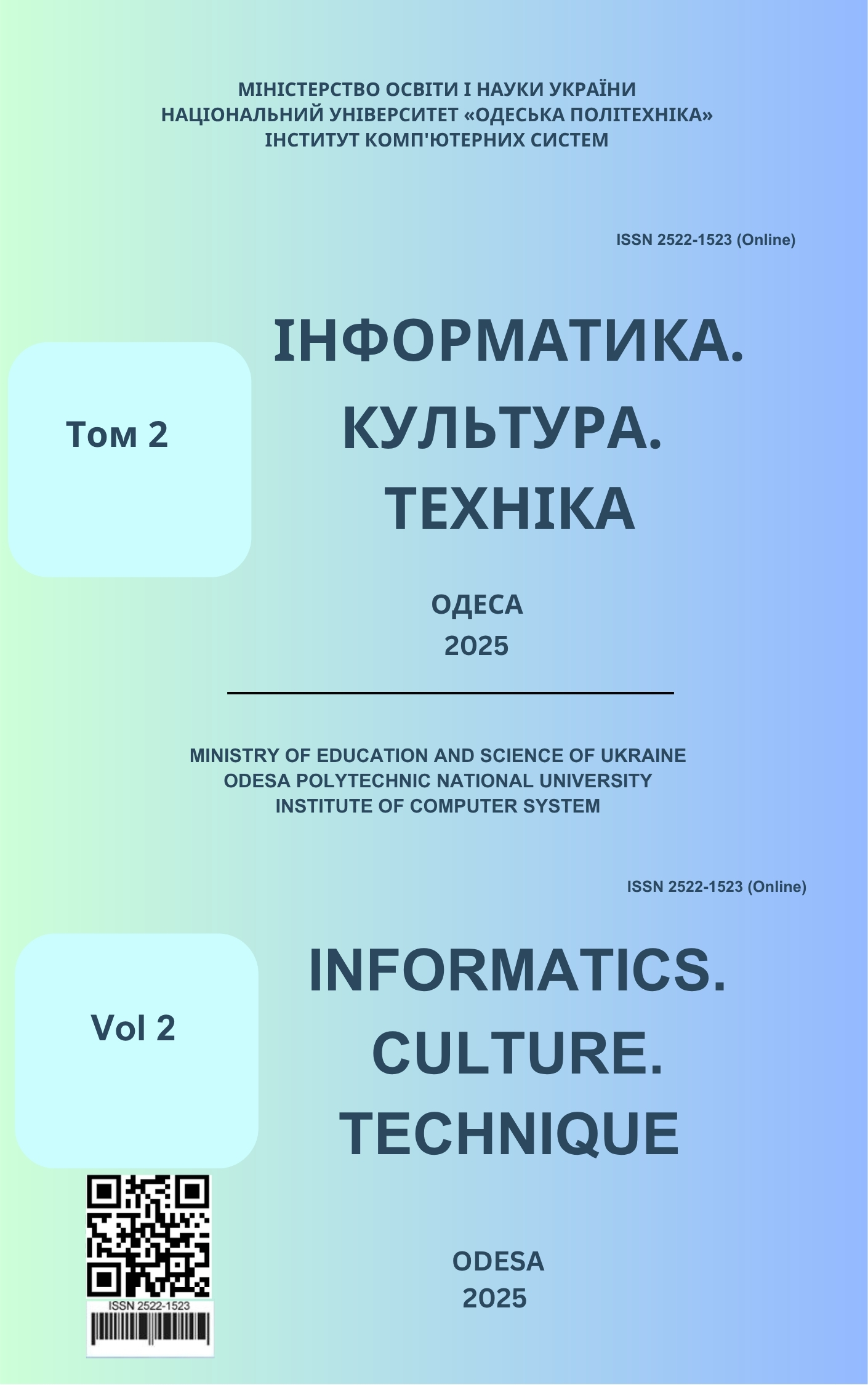Artificial intelligence in dialogue with language culture: the experience of Polish grammar
DOI:
https://doi.org/10.15276/ict.02.2025.58Keywords:
Polish language, artificial intelligence, grammar, male-personal forms, non-male-personal formsAbstract
The use of artificial intelligence in teaching and learning foreign languages is becoming more and more deeply rooted in the lives of academic communities and becomes an integral part of the didactic process. At the same time, in order to get a reliable answer to the question, users must be aware of the need to adhere to certain principles of communication with artificial intelligence systems. Also, an important factor affecting the performance of the dialogue with him is awareness of the main issues of the discussed topic. The purpose of the study is to establish the degree of reliability of artificial intelligence answers to complex questions of Polish grammar. In particular, we are talking about the peculiarities of the use of male-personal and non-male-personal forms in the Polish language, the distinction of which occurs in the nominative, accusative and vocative plural cases, as well as in the acquisition of male-personal/non-male-personal forms of all words related to such nouns in the sentence. The experience of communicating with the free available artificial intelligence systems Aria, ChatGPT, Gemini Flash, DeepSeek proves satisfactory operation of the material in cases that do not constitute an exception or are not determined by a linguistic custom dictated by cultural features. At the same time, the above-mentioned systems demonstrate different degrees of mastery of grammatical material. The conducted experiment allows you to establish the following sequence, which indicates the degree of awareness of the system and, accordingly, the generation of the correct answer (from lower to higher): Aria, ChatGPT, Gemini Flash, DeepSeek. Instead, in complex cases that go beyond purely grammatical competence and require knowledge of linguistic custom or cultural context, these systems provide the wrong answer, following the traditional linguistic logic. It is significant that the authors asked questions covered on the pages of Internet consultations or other sources available for systems. We can assume that all sources of information were not involved to generate a response. We conclude that the user, communicating with artificial intelligence, must at the same time be an expert in a certain question in order to assess the probability of an answer. At the same time, the traditional search for answers to complex questions of Polish grammar, such as independent use of one's own knowledge, access to directories, grammars and various Internet sources provide a more reliable answer to questions of this type

